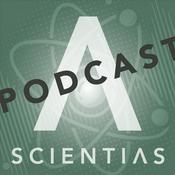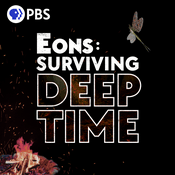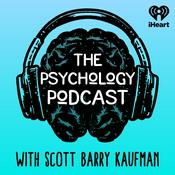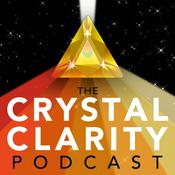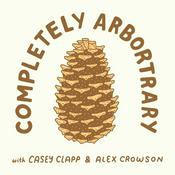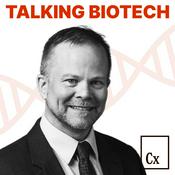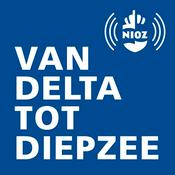286 afleveringen
- A young boy presents with exercise-induced episodic gait disturbance. Dr. Shekeeb Mohammad analyses the clinical phenomenology alongside laboratory and neuroimaging findings, systematically exploring the differential diagnosis before arriving at the final diagnosis.
- Dr. Mena Farag joins Dr. Eduardo de Pablo-Fernández to discuss how proenkephalin and other biomarkers can help monitor the earliest stages of Huntington's disease decades before the onset of motor symptoms.
Journal CME is available until February 11, 2027
Read the article. - This episode explores shame as an often-overlooked but impactful non-motor symptom of Parkinson’s disease. Drawing on her team's recent research, Dr. Vanessa Fleury discusses the psychological and clinical determinants of shame, its strong link to quality of life, and why it deserves greater attention in routine care. The conversation highlights how recognizing and addressing shame may open new avenues for more holistic, patient-centered management.
Read the article. - In this episode, Dr. Alexander Lehn explores the clinical management of Parkinson’s disease across the reproductive journey; before conception, during pregnancy, and in the postpartum period. He shares the current evidence, practical challenges, medication safety considerations, and multidisciplinary decision-making. The conversation highlights gaps in data, real-world clinical strategies, and key counseling points to support optimal outcomes for both the parent and child.
Read the article. - Dr. Sara Schaefer is joined by Dr. Valentina Leta and Dr. Ray Chaudhuri to discuss their randomized controlled trial on the effects of probiotic use on inflammation, motor, and non-motor symptoms in Parkinson's disease.
Journal CME is available until December 18, 2026
Read the article.
Meer Wetenschap podcasts
Trending Wetenschap -podcasts
Over MDS Podcast
Stay up to date on novel, clinically-relevant research findings in Parkinson's disease and other movement disorders. Each episode of the International Parkinson and Movement Disorder Society podcast discusses a relevant development in the field, including highlighted journal articles and interviews with the authors.
Podcast websiteLuister naar MDS Podcast, De Universiteit van Nederland Podcast en vele andere podcasts van over de hele wereld met de radio.net-app
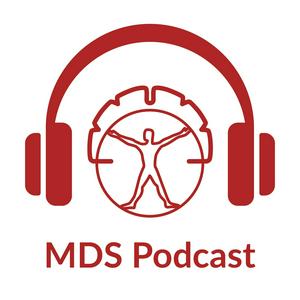
Ontvang de gratis radio.net app
- Zenders en podcasts om te bookmarken
- Streamen via Wi-Fi of Bluetooth
- Ondersteunt Carplay & Android Auto
- Veel andere app-functies
Ontvang de gratis radio.net app
- Zenders en podcasts om te bookmarken
- Streamen via Wi-Fi of Bluetooth
- Ondersteunt Carplay & Android Auto
- Veel andere app-functies


MDS Podcast
Scan de code,
download de app,
luisteren.
download de app,
luisteren.






